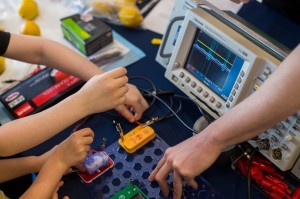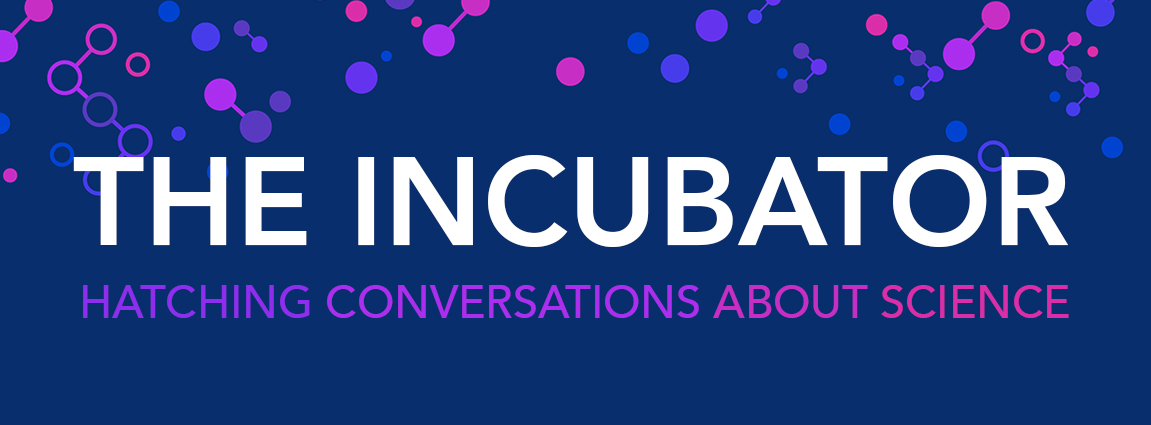Expanding Your Professional Marketability Through Science Outreach
The following series is based off The Rockefeller University Science Outreach Program’s presentation at the annual AAAS meeting, presented in San Jose, CA by Jeanne Garbarino, Elizabeth Waters, and Ali Cohen. The goals for this presentation and blog post series are to introduce science outreach, how to get started in science outreach, and how to leverage science outreach for professional development.

Gone are the days when getting an advanced degree in science or engineering likely meant a career as an academic researcher. Given the increasing number of science and engineering degrees awarded each year, coupled with a near stagnant academic job market, it is clear that developing transferable skills while training is paramount. However, because of a variety of reasons such as workload, mentor support, and/or availability of resources, it can sometimes be difficult to pursue professional interests outside of the lab.
One relatively straightforward mechanism to gain soft skills is to participate in science outreach efforts. Science outreach, in basic terms, indicates the goal of raising awareness of science-related topics to an audience of non-scientists. This can be interpreted in many ways, lending itself to creativity and innovation. Because the level of involvement can be tailored to suit the needs of the individual doing outreach, participation in science outreach is appropriate for scientists and engineers at all training and career levels. Furthermore, it is possible to leverage science outreach experience for general career development, and not just those related to education.
Getting involved in science outreach does not have to equate to elaborate presentations or large-scale program development — it can actually be fairly simple and time efficient. It is also important to consider that one does not need to be an expert in a particular field to participate in related outreach activities. Often, the ability for non-scientists to engage with actual scientists and engineers is the most impactful outcome.
In this series, I will outline ways that graduate students, postdocs, and those looking for a career change can benefit from engaging in science outreach activities. Stay tuned for some basic science outreach blueprints that will help empower those who would like to host a science outreach activity at their home institution or community center, but don’t know where or how to start.
Read More:
- So You Want To Do Science Outreach: Getting Started
- Doing Science Outreach: The Basics
- My Graduate Career: How one student is using science outreach for professional development
- Finding Your Authentic Voice: Transitioning from research to outreach
Coming Up:
- Introducing Neuroscience With Jelly Beans: A low energy and inexpensive lesson anyone can do

2 thoughts on “Expanding Your Professional Marketability Through Science Outreach”